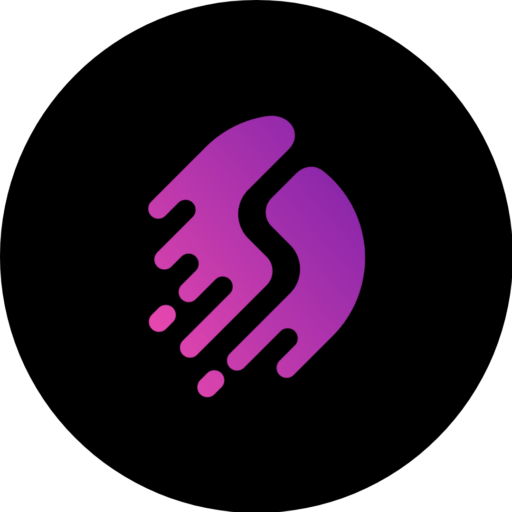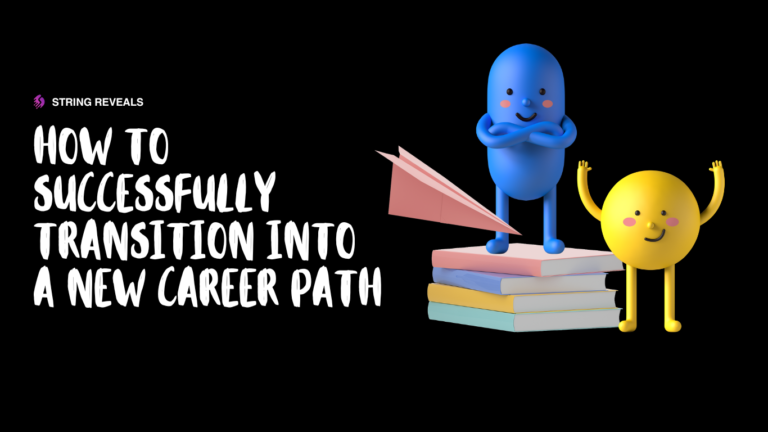Making the decision to transition into a new career path is a significant and often challenging step. Whether you’re driven by a desire for better work-life balance, a more fulfilling job, or the need to adapt to a changing job market, shifting careers requires careful planning, preparation, and the right mindset. This guide provides detailed steps, valuable resources, and key mindset shifts to help you navigate a successful career transition.
1. Self-Assessment: Understand Your Motivations and Strengths
The first step in any career transition is self-assessment. You need to understand why you want to change careers and identify your core strengths and interests.
- Identify Your Motivations: Are you seeking better work-life balance, higher pay, more meaningful work, or a new challenge? Understanding your motivations will help you narrow down potential new career paths.
- Assess Your Strengths and Skills: Take stock of your current skills, both technical and soft, and consider how they might transfer to a new industry. Tools like the StrengthsFinder assessment or the Myers-Briggs Type Indicator can help you identify your strengths.
- Explore Interests: Reflect on what you enjoy doing both in and outside of work. This can provide clues about potential career paths that align with your passions.
2. Research Potential Career Paths
Once you’ve identified your motivations and strengths, it’s time to research potential career paths that align with them.
- Explore Career Options: Use online resources such as the Occupational Outlook Handbook or O*NET Online to explore different careers. Look for roles that align with your interests, values, and skills.
- Conduct Informational Interviews: Reach out to professionals already working in the fields you’re interested in. Ask them about their day-to-day responsibilities, the challenges they face, and the skills required for success.
- Analyze Job Market Trends: Research the demand for the careers you’re considering. High-growth fields like technology, healthcare, and renewable energy often offer more opportunities for career changers.
3. Develop a Learning Plan
Transitioning to a new career often requires learning new skills or obtaining additional qualifications.
- Identify Skill Gaps: Compare the skills you currently have with those required in your desired career. This will help you identify gaps that need to be filled.
- Pursue Further Education or Training: Depending on your new career path, you may need additional education or certifications. Online courses, boot camps, and community colleges offer flexible options to gain the skills you need.
- Gain Experience: Look for ways to gain practical experience in your new field. This could include internships, volunteer work, or freelance projects. Even short-term experiences can help you build a portfolio and demonstrate your commitment to potential employers.
4. Network Strategically
Building a strong professional network is crucial when transitioning to a new career.
- Reconnect with Your Current Network: Let your existing network know about your career change plans. They may have valuable advice, contacts, or job leads.
- Expand Your Network: Attend industry events, join professional associations, and participate in online forums related to your new career. LinkedIn is a powerful tool for connecting with professionals in your desired field.
- Seek Out Mentors: Find a mentor who has successfully transitioned to the career you’re aiming for. Their guidance can be invaluable as you navigate the challenges of a career change.
5. Tailor Your Resume and Cover Letter
Your resume and cover letter are critical tools in communicating your value to potential employers.
- Highlight Transferable Skills: Focus on the skills and experiences from your previous career that are relevant to the new role. This could include leadership, problem-solving, communication, or project management skills.
- Showcase Your Passion: Use your cover letter to explain why you’re passionate about the new field and how your background makes you uniquely qualified for the role.
- Include Relevant Experience: If you’ve completed any relevant training, certifications, or projects related to your new career, be sure to highlight them prominently on your resume.
6. Prepare for Interviews
Interviews for a new career can be daunting, especially if you lack direct experience in the field.
- Practice Explaining Your Career Transition: Be prepared to explain why you’re changing careers and how your previous experience makes you a strong candidate for the role. Practice your pitch with a friend or career coach.
- Emphasize Your Transferable Skills: During the interview, focus on how your skills and experiences are relevant to the new role. Provide examples of how you’ve successfully applied these skills in the past.
- Show Your Commitment: Employers may be concerned about your commitment to a new career. Demonstrate your dedication by discussing the steps you’ve taken to prepare for the transition, such as completing relevant training or gaining practical experience.
7. Cultivate a Growth Mindset
A successful career transition requires a growth mindset—believing that you can develop new skills and adapt to new challenges.
- Embrace Learning: View the career transition as an opportunity to learn and grow. Be open to feedback and willing to put in the effort to develop new skills.
- Stay Resilient: Career transitions can be challenging, and setbacks are common. Stay positive and resilient, focusing on your long-term goals rather than short-term obstacles.
- Celebrate Small Wins: Recognize and celebrate the small achievements along the way, whether it’s completing a course, making a new connection, or landing an interview.
8. Leverage Support Resources
There are numerous resources available to help you navigate a career transition.
- Career Counseling Services: Consider working with a career counselor who can provide personalized advice and guidance tailored to your situation.
- Online Communities: Join online communities or forums where career changers share their experiences and support each other. These can be great sources of advice and inspiration.
- Books and Podcasts: There are many books and podcasts focused on career transitions that can provide valuable insights and tips.
9. Stay Flexible and Open-Minded
Flexibility and open-mindedness are essential when transitioning to a new career.
- Be Open to Different Roles: Your first job in a new field may not be your dream role, but it can provide valuable experience and a stepping stone to your ultimate career goal.
- Consider Alternative Work Arrangements: Be open to freelance work, part-time roles, or contract positions as you build your experience in the new field.
- Adapt to New Work Cultures: Different industries often have distinct work cultures. Be prepared to adapt to new ways of working and communicating.
10. Evaluate and Adjust Your Strategy
As you progress in your career transition, it’s important to regularly evaluate your strategy and make adjustments as needed.
- Set Milestones: Establish clear milestones for your career transition, such as completing specific training, gaining certain skills, or applying for a set number of jobs each week.
- Seek Feedback: Regularly seek feedback from mentors, peers, and professionals in your desired field. Use this feedback to refine your approach and make necessary adjustments.
- Stay Focused on Your Goals: Keep your long-term career goals in mind, but be flexible in how you achieve them. The path to a new career may not be linear, and that’s okay.
Conclusion
Transitioning into a new career path is a bold and courageous move that can lead to greater fulfillment and success. By following these steps, leveraging the right resources, and adopting a growth mindset, you can navigate the challenges of a career change and achieve your professional goals. Remember, every career transition is unique, and there’s no one-size-fits-all approach. Stay patient, stay focused, and stay open to new opportunities as you embark on this exciting journey.




